Suzhou debuts in Budapest: a fusion of Chinese heritage and high-tech trade
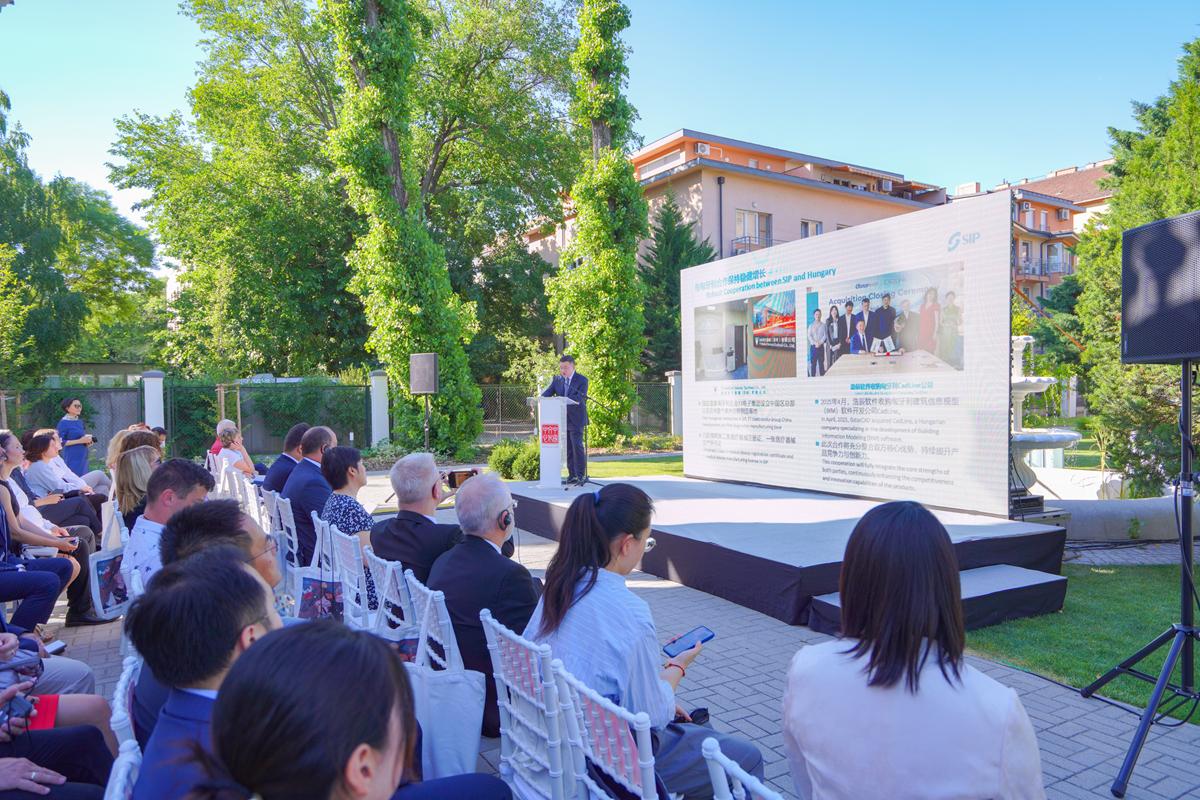
On the afternoon of 1 July 2025, the Chinese Cultural Center in Budapest hosted a special event: the Suzhou–Hungary Cultural, Business, and Tourism Conference, which gave new momentum to Chinese-Hungarian relations and offered a unique insight into the economic, cultural, and tourism strengths of one of China’s most advanced cities.
Suzhou makes its debut in Budapest
The event was attended by Gong Tao, China’s ambassador to Hungary, and Wu Qingwen, mayor of Suzhou. Also present were Counsellor Sun Jie and around 60 Hungarian and Chinese professionals from the fields of business, culture, and media.
Following opening remarks, three key institutions from Suzhou – the Bureau of Culture, Radio and Television, the Bureau of Commerce, and the Industrial Park authority – introduced the city’s multifaceted character: its economic significance, cultural heritage, and modern development. Suzhou was presented to the audience like a classical Chinese painting—timeless yet forward-looking.
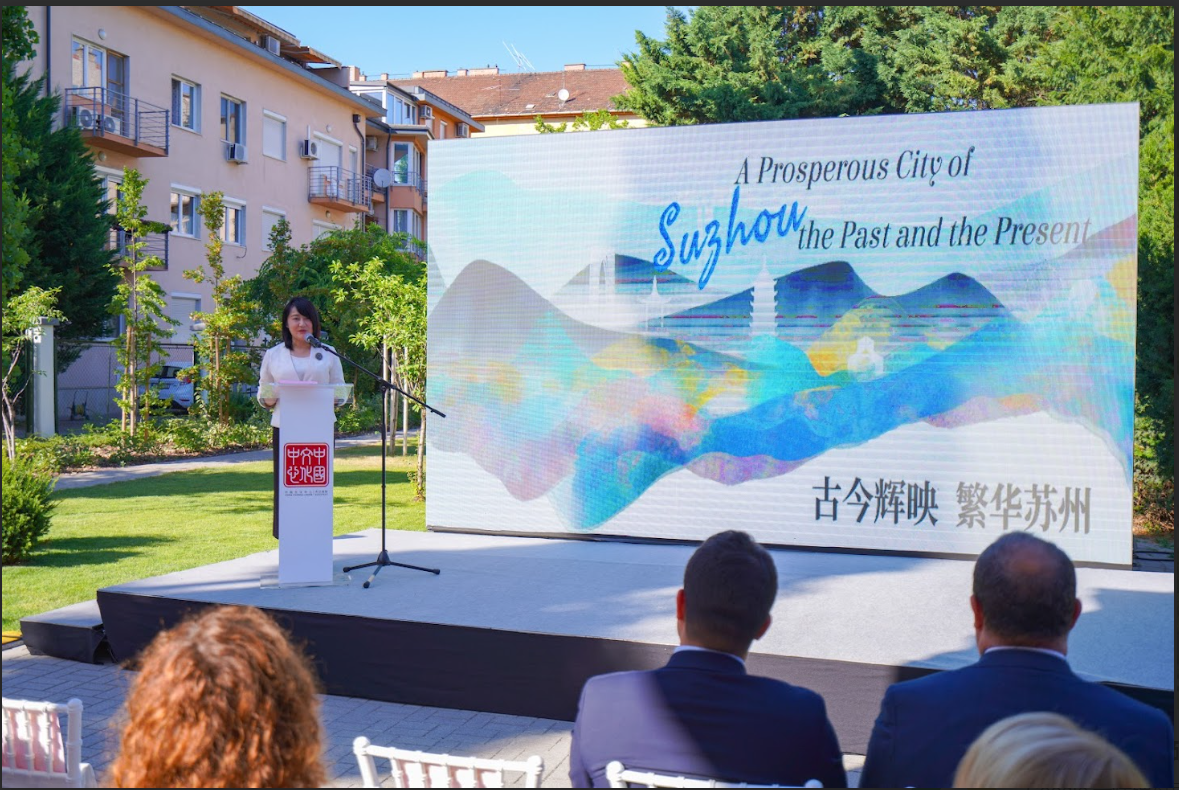
Mayor Wu Qingwen highlighted that Suzhou, with a 2,500-year history, is strategically located on the shores of Tai Lake and along the Grand Canal, near Shanghai. It plays a vital role in both domestic and international Chinese trade. Although home to just 1% of China’s population, the city generates 3% of the country’s GDP—making it one of China’s key economic engines. Its free trade zones support dynamic partnerships with international companies. Wu emphasised that Suzhou accounts for 8% of Chinese-Hungarian trade, and companies from Suzhou have already invested in over 30 Hungarian projects—especially in green energy, healthcare, machinery, and the automotive industry.
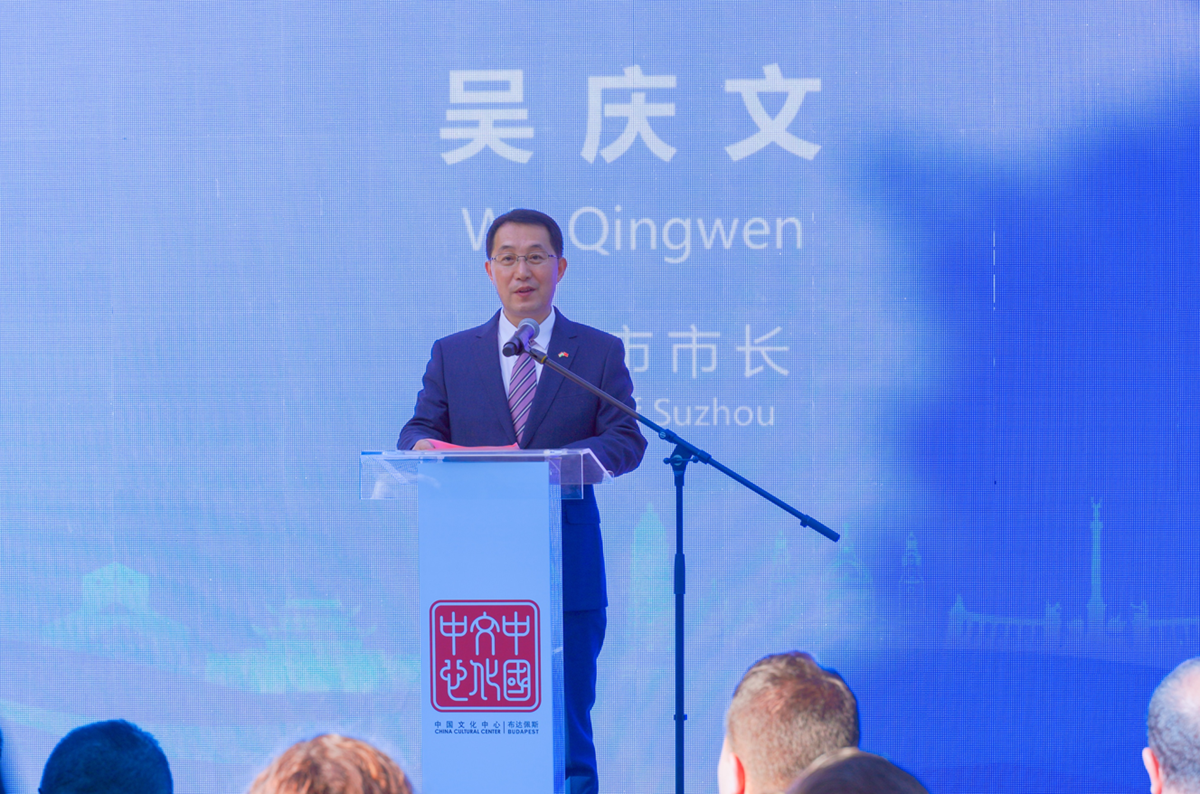
The city’s economic strength is underscored by the presence of 483 of the world’s top 500 tech companies in the Chinese town, including Bosch, Johnson & Johnson, Microsoft, Samsung, L’Oréal, and Airbus—and even Hungarian manufacturers are active in the area. Mayor Wu also noted that Hungary serves as a crucial gateway to the European Union for China, with Chinese technologies, such as smart devices, already present in the Tokaj region.
In his remarks, Ambassador Gong Tao emphasised that Suzhou is not just an economic hub, but also a cultural bridge. The city played a key role in establishing the Chinese Cultural Institute in Budapest and regularly sends performers to Hungary. The current delegation is also engaging in tourism talks aimed at increasing mutual travel and deepening personal ties between the two countries.
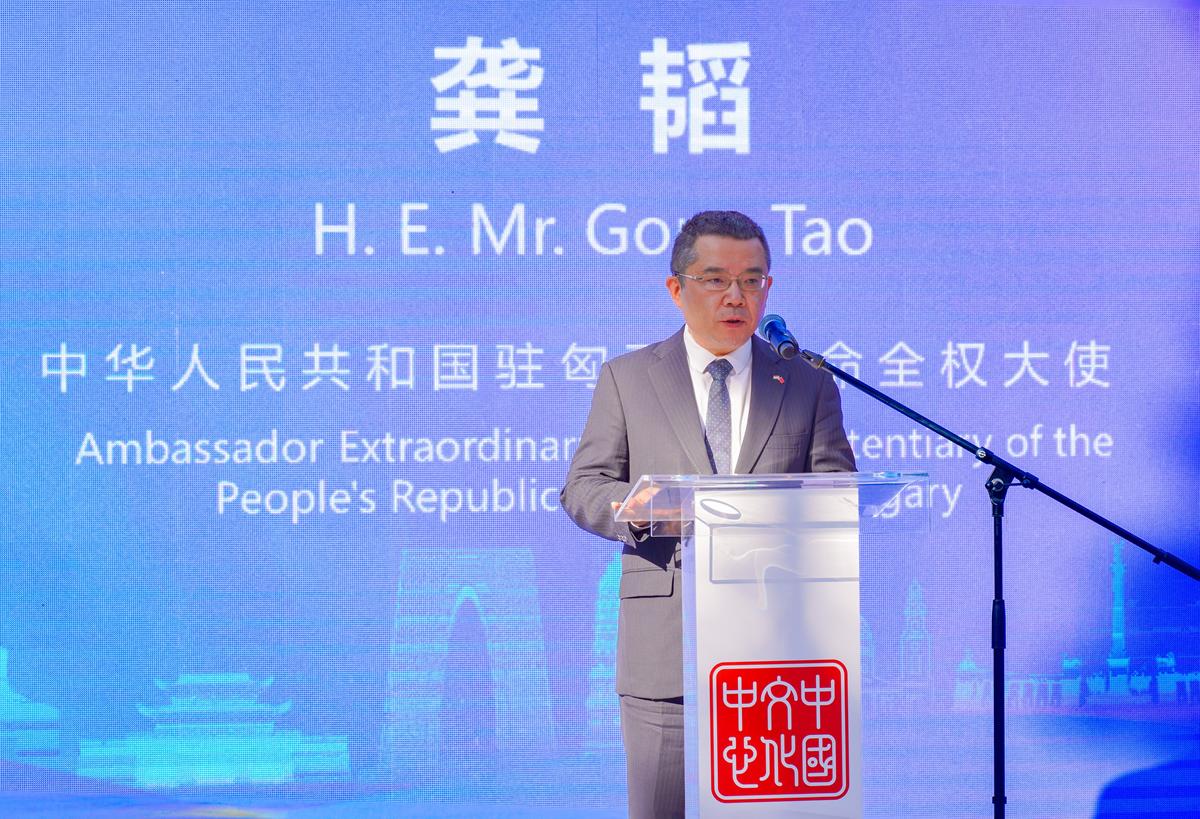
Ernő Pető, President of ChinaCham Hungary, also spoke at the event. He stated that economic ties between Hungary and China could reach a new level with the establishment of a China Chamber of Commerce (ChinaCham) office in Suzhou—an offer officially extended by the mayor.
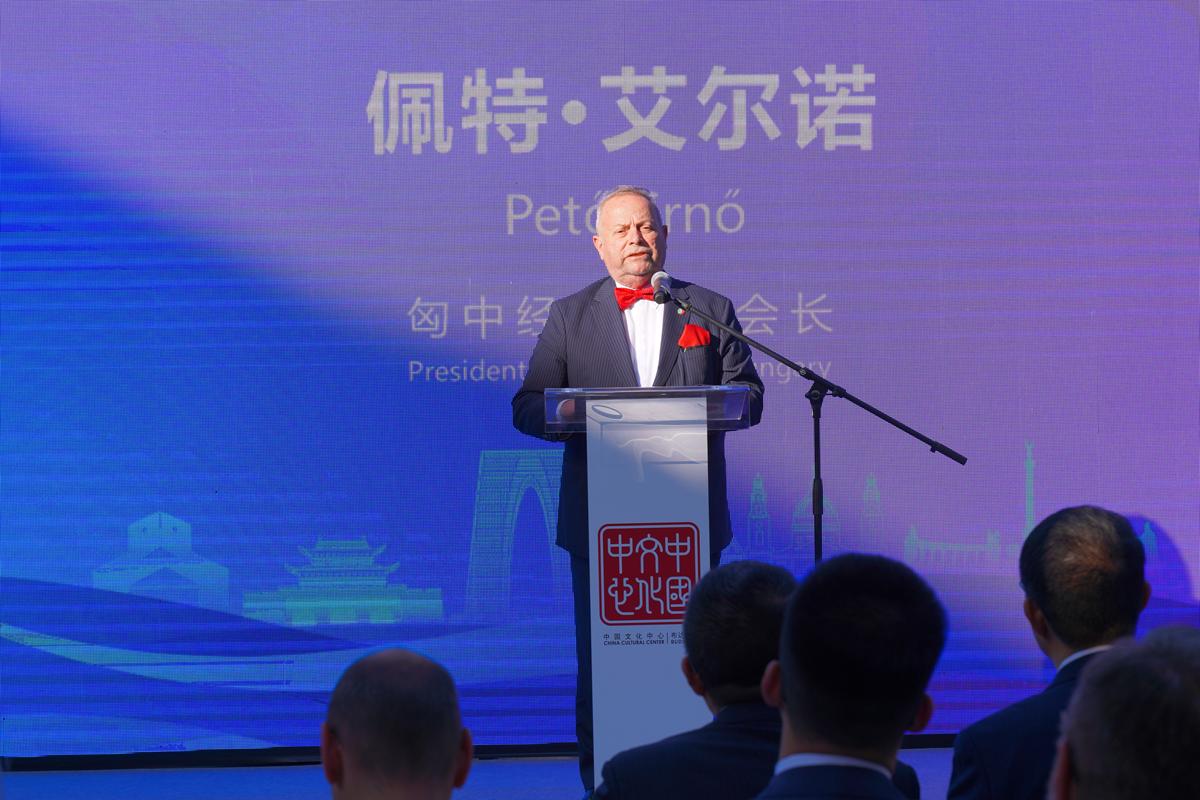
Tourism was a key theme of the conference. Gábor Kelemen, representing the Hungarian Tourism Agency (MTÜ), noted that the number of Chinese tourists visiting Hungary has multiplied in recent years, making China the country’s 14th most important source market. Currently, 21 direct flights arrive in Budapest each week from seven major Chinese cities, providing a solid foundation for further growth.
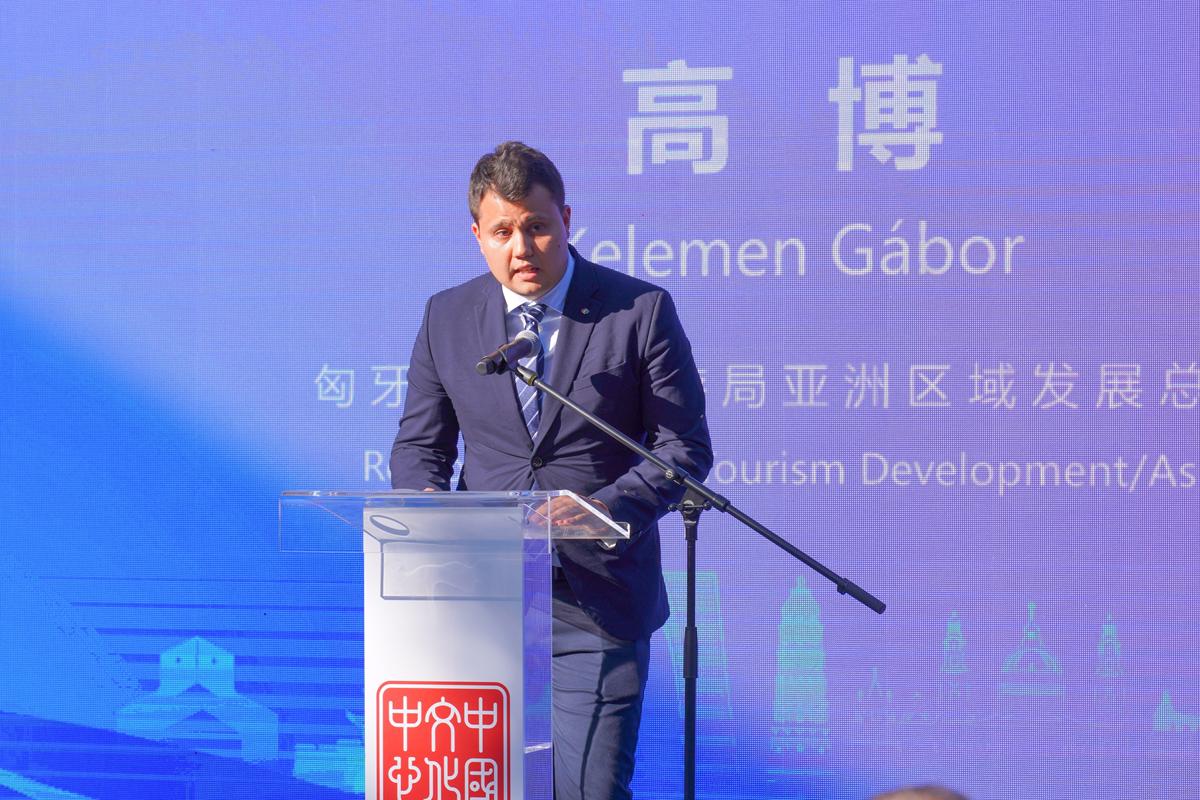
Suzhou’s tourism appeal is equally impressive: often called the “Venice of the East” due to its waterways, canals, and lush green spaces. It boasts several UNESCO World Heritage sites, famous classical Chinese gardens, a rich culinary scene focused on fish and rice, and a vibrant arts culture, including opera, museums, and ballet. Surrounding the city are 21 villages dedicated to rural tourism, offering visitors an authentic experience.
Following the official program, Jin Hao, director of the Chinese Cultural Centre in Budapest, guided guests through the “Suzhou Experience.” Attendees got a close look at the city’s traditional crafts—such as silk embroidery, miniature carvings, and kesi weaving—while also exploring exhibitions on tourism and industry.
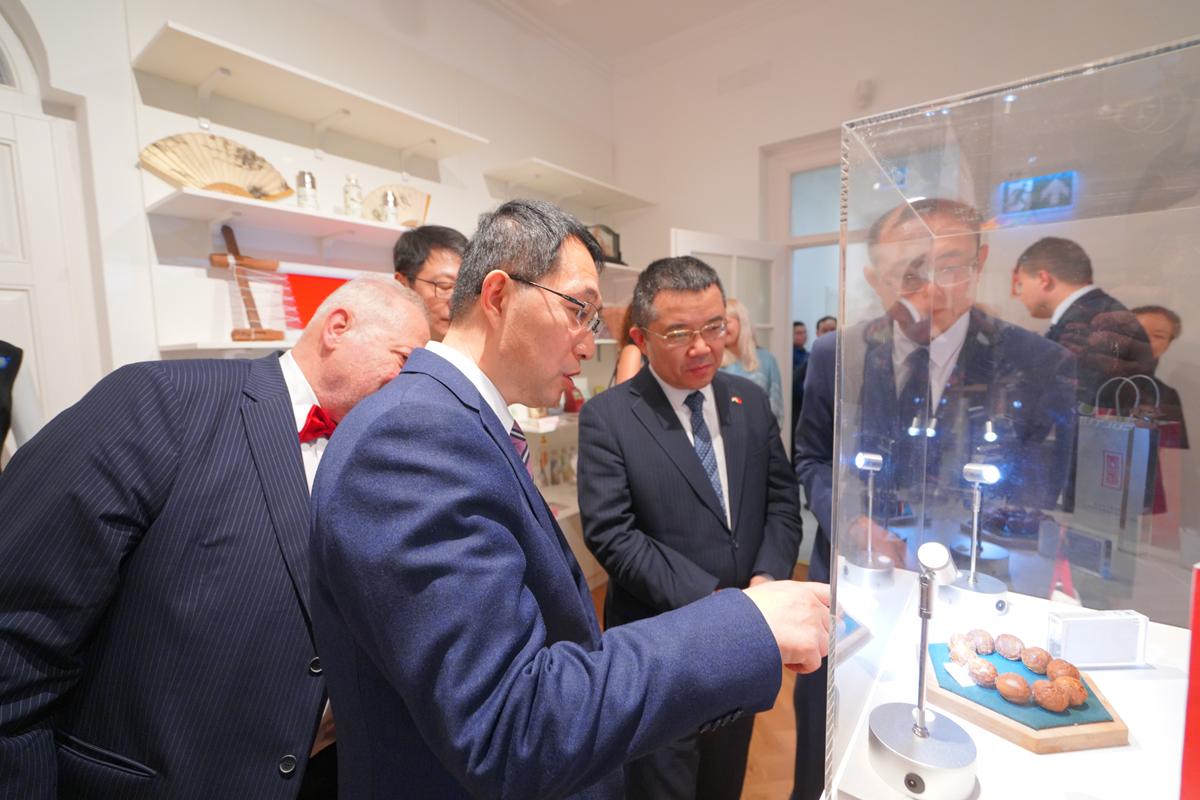
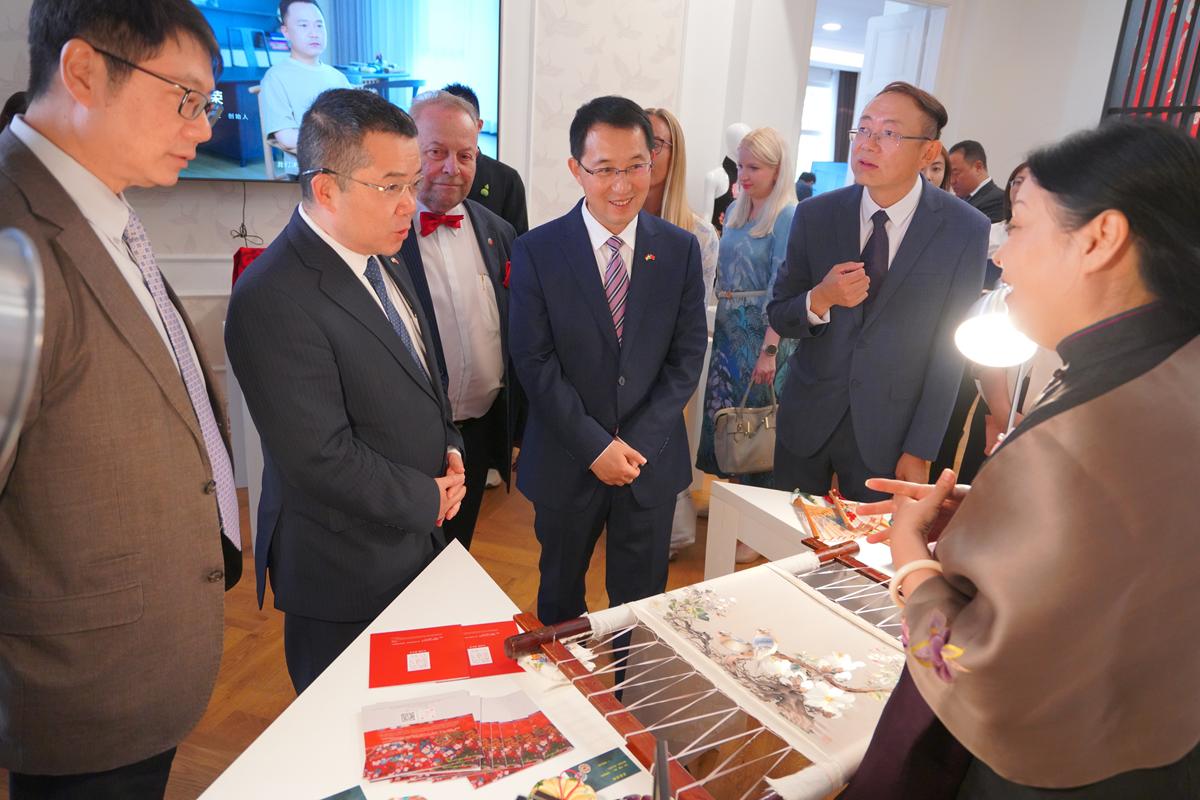
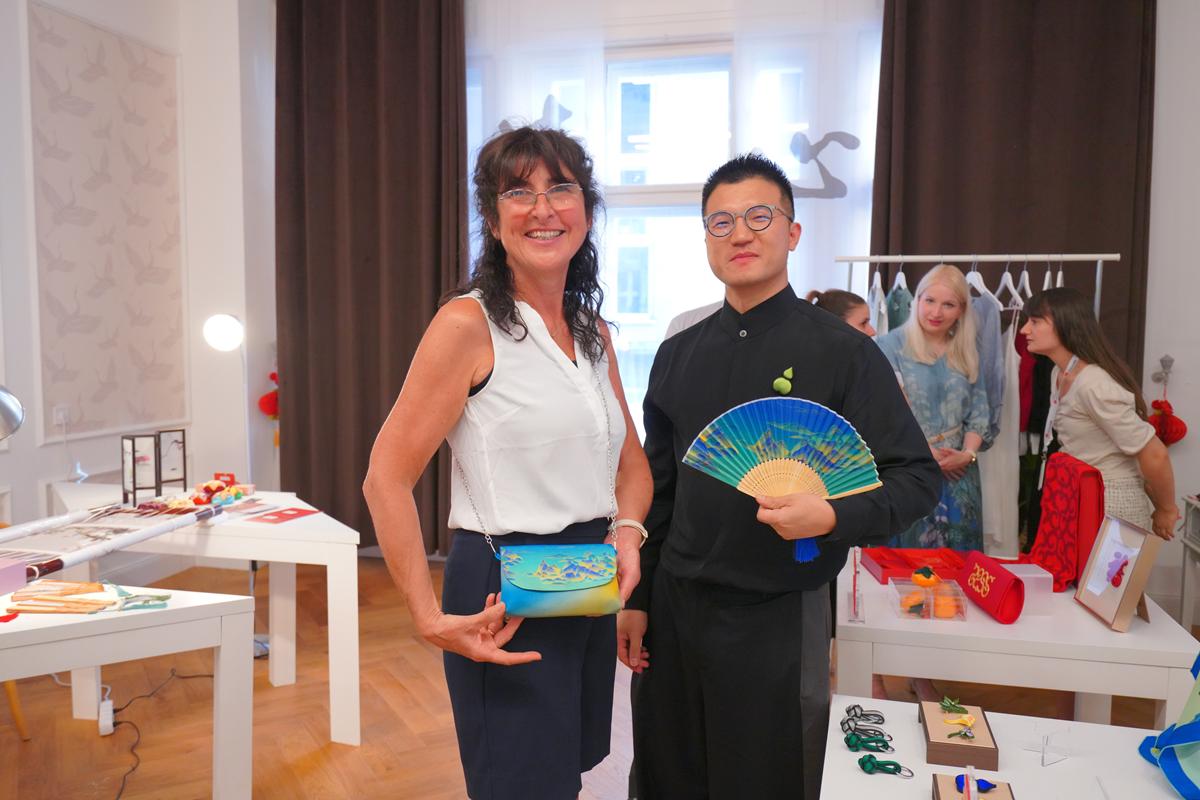
The Suzhou–Hungary Cultural, Business, and Tourism Conference not only created a new platform for deepening bilateral relations but also offered an immersive, authentic introduction to a city that simultaneously represents China’s past, present, and future—and, much like Budapest, aims to become a hub for cultural, economic, and human dialogue.
Read here for more news about relations between Hungary and China
Read also:
China Brand Fair 2025: 350 Chinese manufacturers gather in Budapest – details, photos, videos
Chinese BYD launches huge expansion at Hungary bus plant – details and photos
To read or share this article in Hungarian, click here: Helló Magyar







